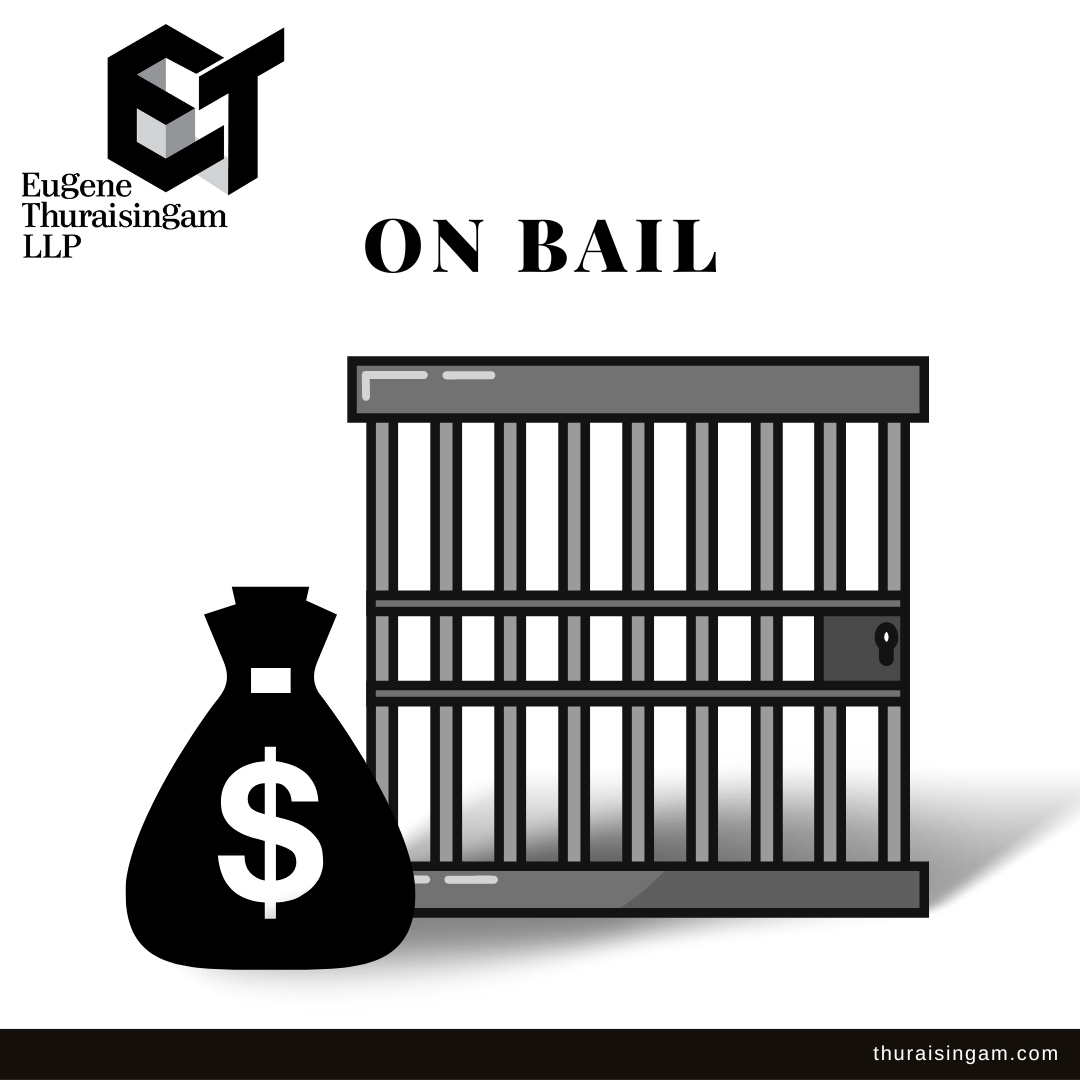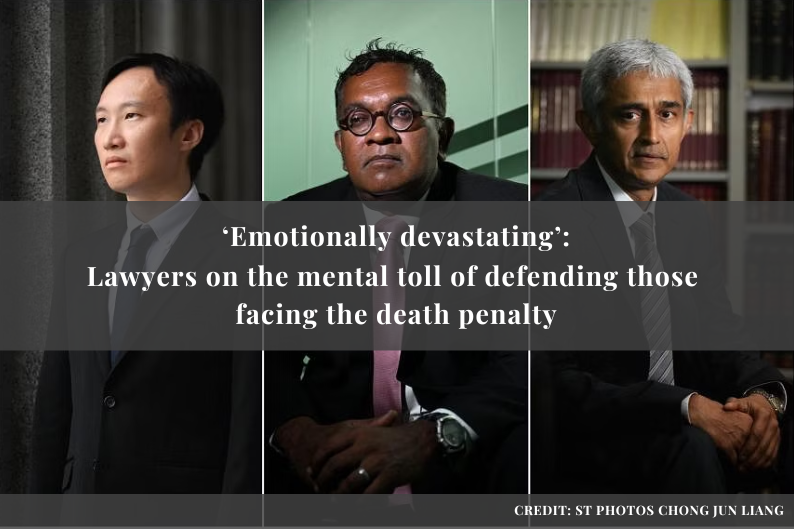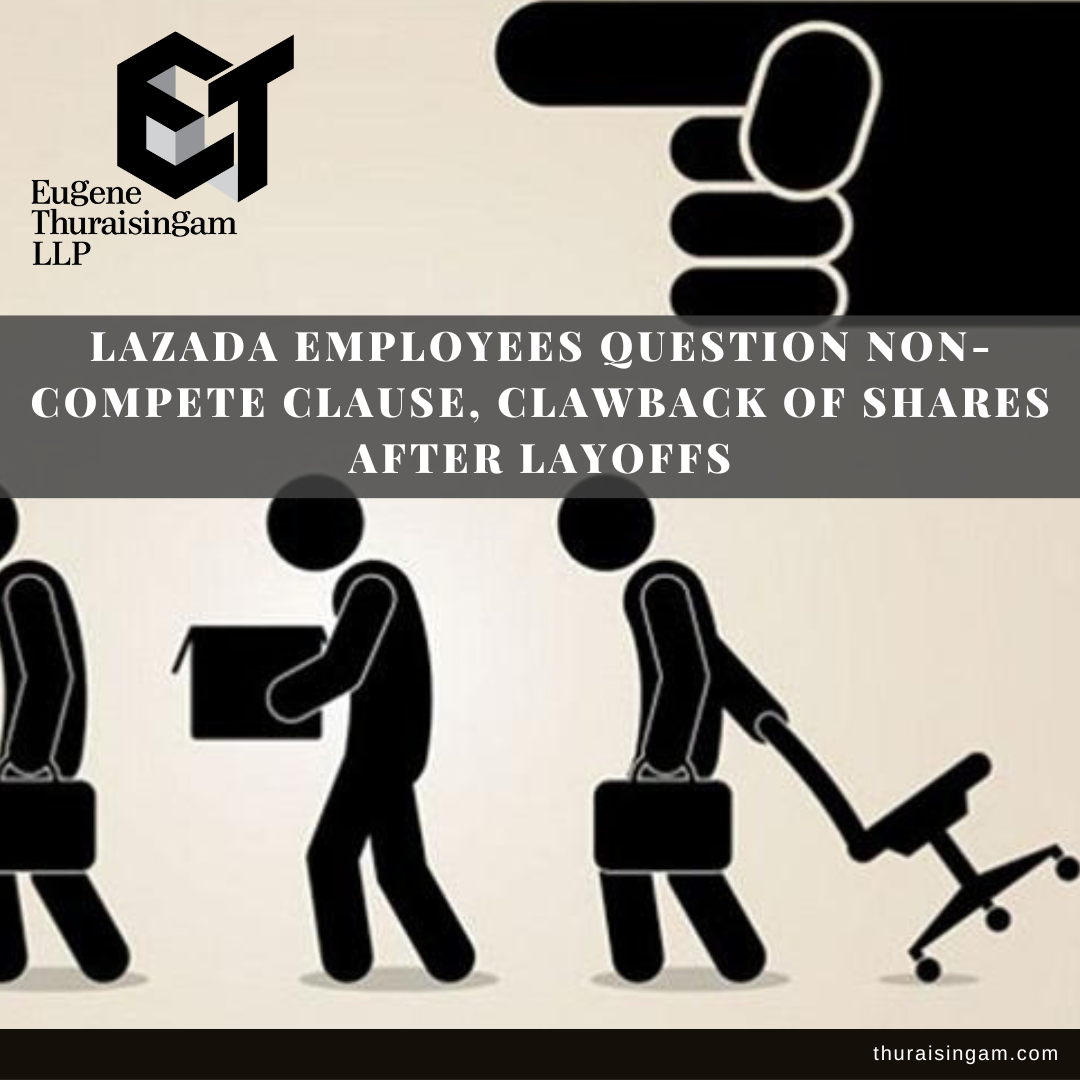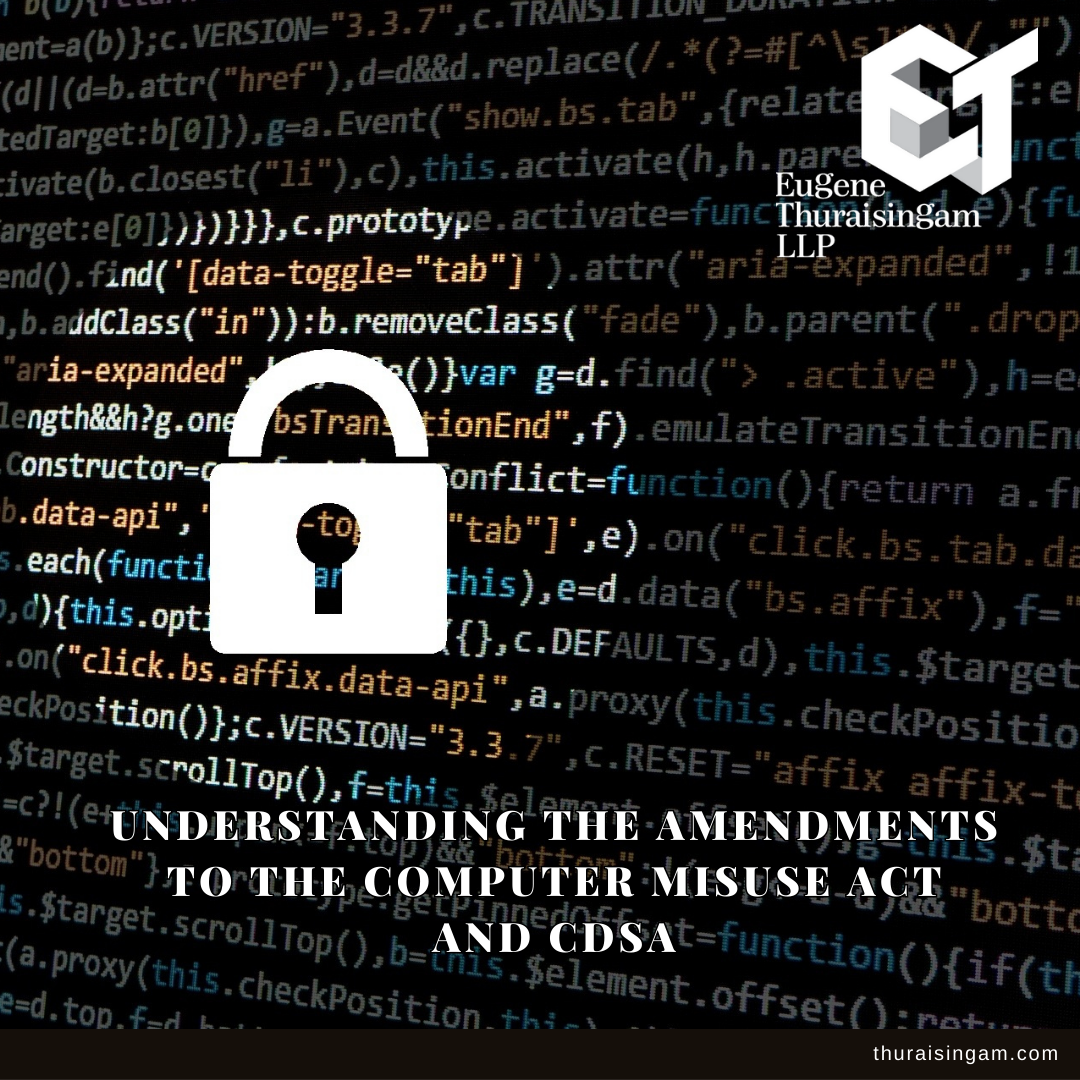On Bail
When a person is under investigation for a potential offence, it is important that the police are able to secure his attendance for investigations, and that he does not abscond.
At the same time, the presumption of innocence is the bedrock of our criminal justice system. This means that unless and until proven guilty in court, no person should be deprived of their personal liberty.
Bail requires the balancing of these competing interests and ideals. The primary purpose of bail is to ensure that a person under investigation will not take advantage of the liberty granted to him and flee the jurisdiction.
How is the bail quantum decided?
The monetary component of bail is intended to act as a deterrent. Should the person flee, that amount can be forfeited to the state. To ensure sufficient deterrence, this monetary amount must usually be put up by a person other than the accused, who stands as his bailor.
Are there travel restrictions?
The police have the right to require a person under investigation to surrender his passport. He may still be allowed to travel, but would have to seek permission from the police each time. Reasons must be provided, along with a detailed itinerary (including planned departure and arrival date, and place of overseas accommodation) should permission to travel be granted. He may also be required to keep in constant contact with his bailor and investigation officer (for example, every 24 hours).
In addition, the bail amount must usually be topped up before travel is allowed.
Is there a difference between court bail and police bail?
For minor investigations and offences, the police may allow an accused person to be released on personal bond. This means that they do not have to be bailed out by another person.
However, once a case is in court, the court may require that any personal bond be discharged, and a Singaporean or permanent resident other than the accused person stand as bailor.
The court can also grant permission to the accused person to travel whilst the case is ongoing. Permission is not usually declined unless the accused person is a foreigner with no local roots, or has shown a previous propensity not to comply with his bail conditions. In most situations, a top up in the bail amount is regarded as sufficient to ensure the pull of bail.
Does being on bail mean I am guilty of an offence?
No, it does not.
Is there any disadvantage to standing bail for someone else?
Generally, no, so long as you familiarise yourself with your obligations as bailor. Primarily, this means keeping in constant daily contact with the accused person and ensuring that he attends police interviews or court whenever required.
Recent examples
In the wake of the recent investigation by the Corrupt Practices Investigation Bureau (CPIB) involving Minister S Iswaran and hotelier Ong Beng Seng, TODAY published an explainer article on bail. Our partner, Chooi Jing Yen was interviewed and he gave the recent examples of Hin Leong founder and former oil tycoon Lim Oon Kuin, whose bail was set at S$4million, as well as the founder of Envy Global Trading, Ng Yu Zhi, accused of billion-dollar nickel investment fraud, whose bail was set at S$6 million.
Read more in the link below.
Disclaimer: This article is not to be taken as legal advice. Please contact us for any queries.







